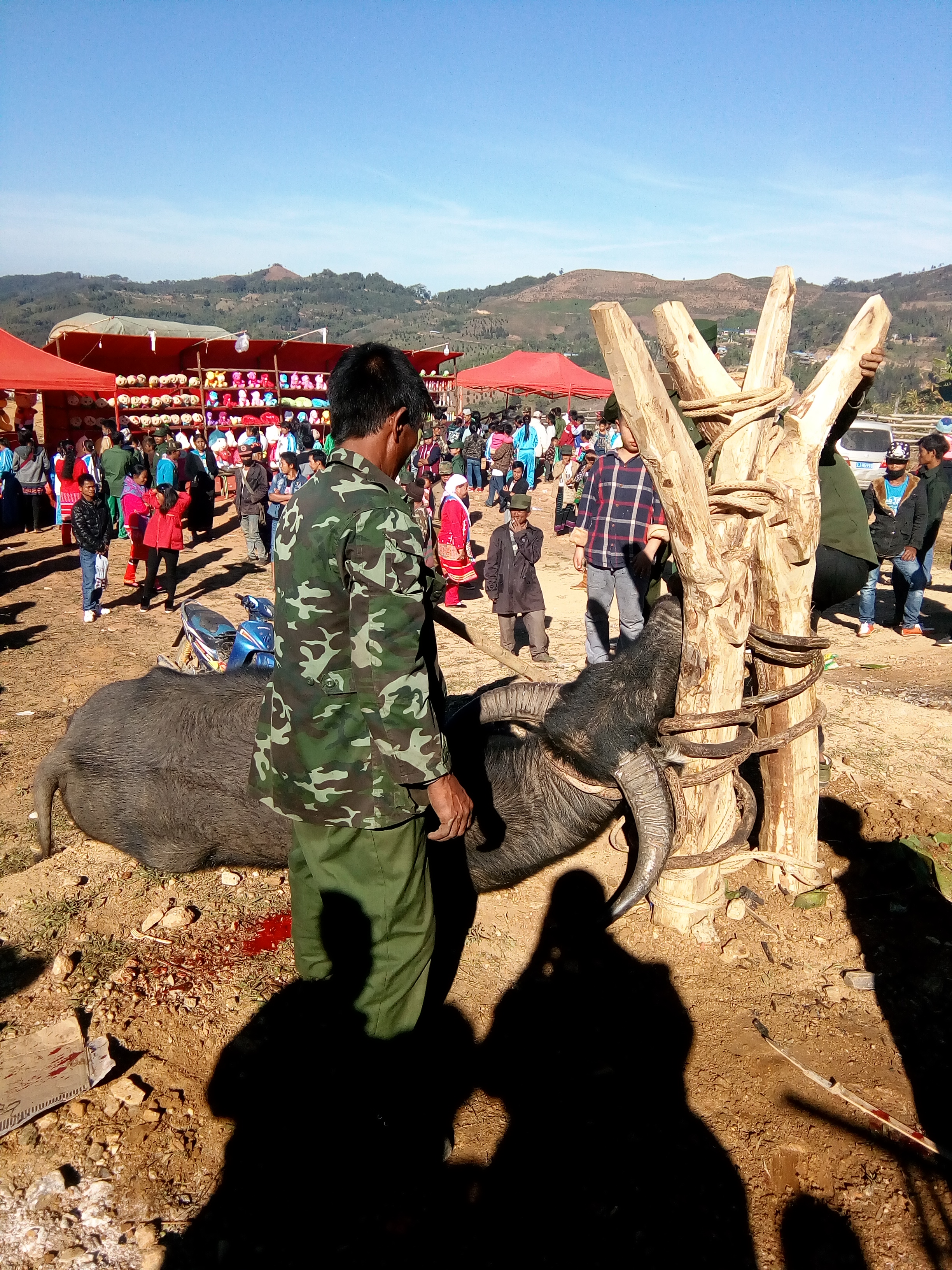Abstract
There are countless occasions for sacrifice in the Wa Hills of Myanmar: animals and liquor are presented to ancestors and spirits after a hunt, to call souls back, during lifecycle rituals, and to mark inaugurations and covenants. Until the 1970s, sacrifice was an irreplaceable part of traditional warfare, including headhunting rituals. Since then, the Communist Party of Burma and later the United Wa State Army have built a de-facto state; and the formation of this military state was accompanied by major changes in the logics of sacrifice. The preparation and realisation of sacrifice still necessitate both capturing a sacrificial victim and taking care of it, but the spaces and meanings of traditional sacrifice are different, and a new kind of human sacrifice has emerged: the sacrifice of soldiers for the army. This presentation deals with the transformation of the logics of sacrifice in Wa society, understood as emerging balances between predation/capture and care/nurture.


